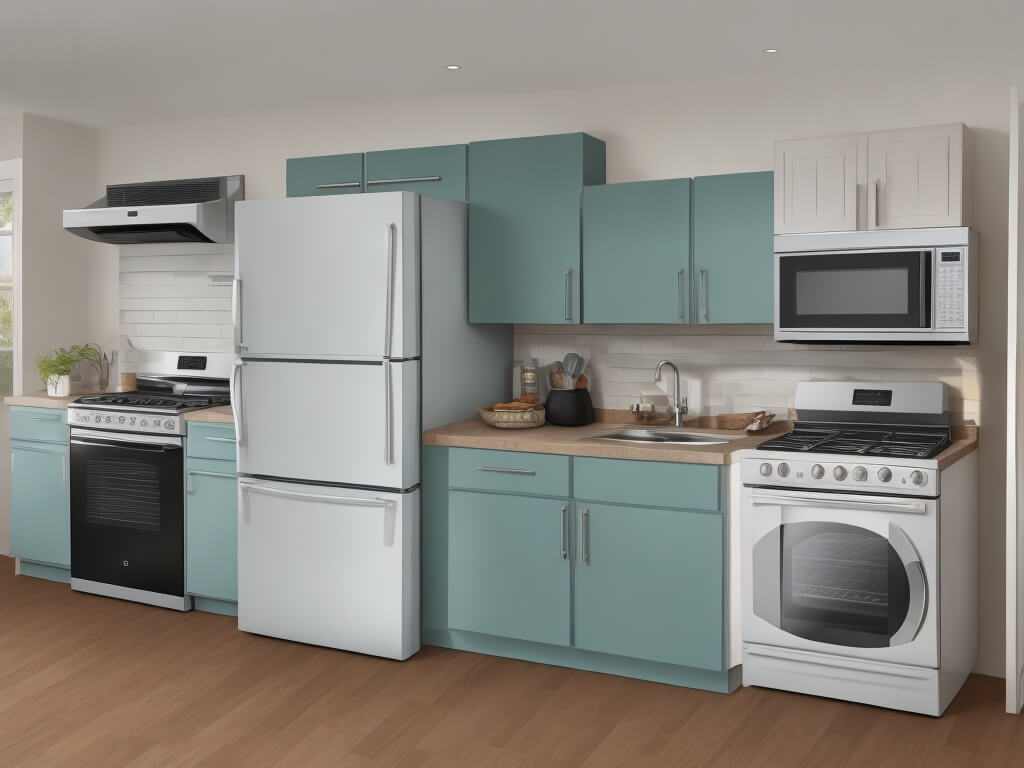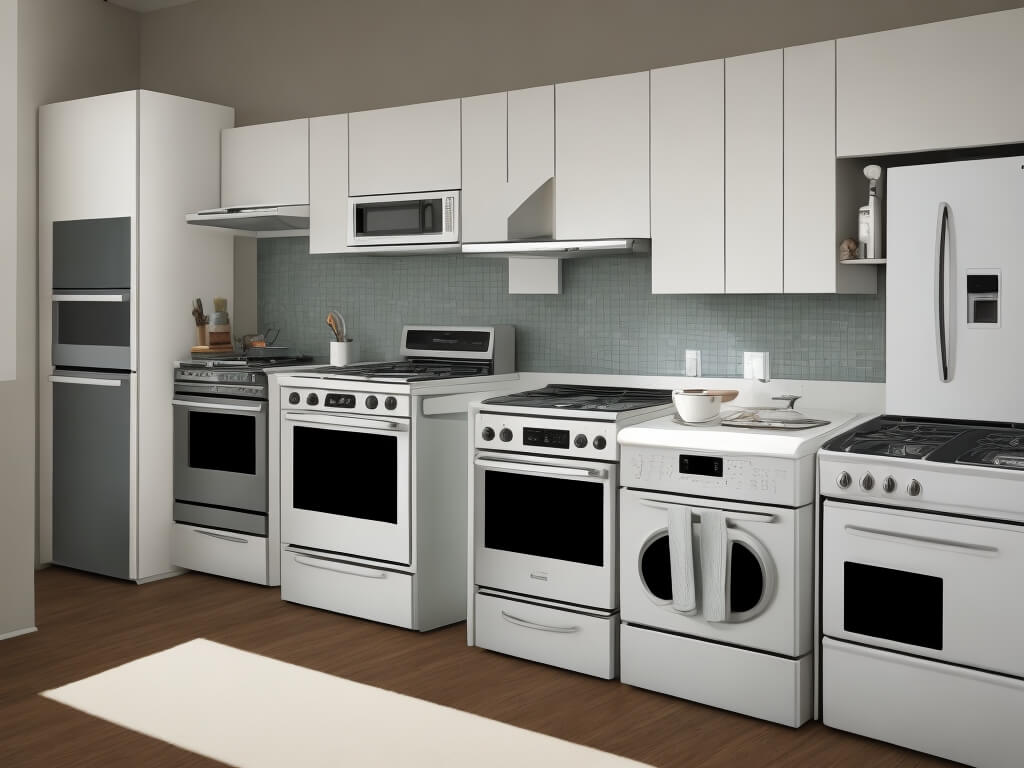
We all want to lower our energy bills and contribute to a greener planet. Thankfully, advances in technology have given us a range of energy-efficient appliances that help us save money and reduce our carbon footprint.
The Energy-Efficient Appliance Revolution
The Energy-Efficient Appliance Revolution is changing the way we think about household appliances. But what exactly makes an appliance energy-efficient? These innovative devices are meticulously designed to consume less energy while maintaining the same high performance as their traditional counterparts. The secret lies in advanced technologies like improved insulation, more efficient compressors, and enhanced heat exchangers.
So, why should you care about energy-efficient appliances? The answer is simple: they can have a profound impact on your daily life and energy bills. By reducing energy consumption, they lead to substantial savings on your monthly utility costs. Energy Star-certified appliances, for example, meet stringent energy efficiency standards, using 10-50% less energy compared to their non-certified counterparts.
The most immediate and noticeable benefit of using energy-efficient appliances is the significant savings on your monthly energy bills. Picture your refrigerator, washing machine, dishwasher, and other household appliances using considerably less electricity while still delivering the same level of performance.
For instance, Energy Star-certified appliances are specifically engineered to meet rigorous energy efficiency standards established by the U.S. Environmental Protection Agency. These appliances consume 10-50% less energy compared to their non-certified counterparts, resulting in substantial cost savings over time. This means that while you’re enjoying the same quality of service from your appliances, you’re also reducing your expenses and contributing to a more sustainable future.
By consuming less electricity, they decrease the demand for power generation, which often relies on fossil fuels. This leads to a decrease in greenhouse gas emissions, which is a major contributor to climate change.
Energy-efficient appliances are not just good for your wallet and the environment, they are also a smart investment in the long run. These appliances are built to higher quality standards, which often means they have a longer lifespan compared to their traditional counterparts. The initial investment may be slightly higher, but it pays off through lower energy bills and fewer repair or replacement costs.
The Impact on Specific Appliances
Now that we understand the overall benefits of energy-efficient appliances, let’s take a closer look at how specific household appliances can make a significant difference in your energy consumption.
Refrigerators
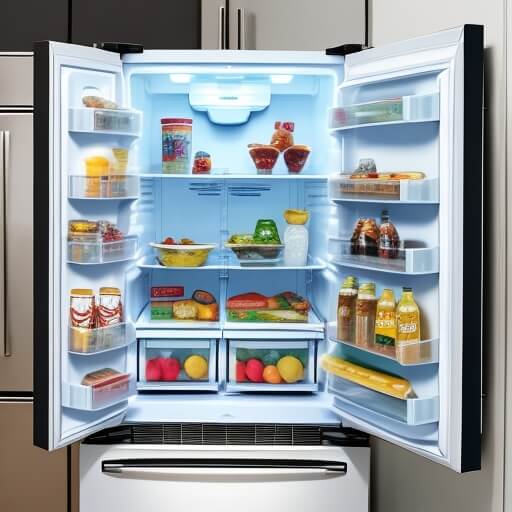 Refrigerators are frequently labeled as one of the most energy-intensive appliances in our households. But the good news is that switching to an energy-efficient refrigerator can result in significant energy savings. When you’re in the market for a new fridge, focus on models with cutting-edge features like superior insulation, variable-speed compressors, and modern innovations like temperature control apps. These technological advancements, preserve the freshness of your food and optimize energy consumption, transforming your refrigerator into a more environmentally friendly and cost-effective addition to your kitchen. Choosing an energy-efficient fridge is a smart investment; it’s a step towards reducing your energy bills and making your home more eco-friendly.
Refrigerators are frequently labeled as one of the most energy-intensive appliances in our households. But the good news is that switching to an energy-efficient refrigerator can result in significant energy savings. When you’re in the market for a new fridge, focus on models with cutting-edge features like superior insulation, variable-speed compressors, and modern innovations like temperature control apps. These technological advancements, preserve the freshness of your food and optimize energy consumption, transforming your refrigerator into a more environmentally friendly and cost-effective addition to your kitchen. Choosing an energy-efficient fridge is a smart investment; it’s a step towards reducing your energy bills and making your home more eco-friendly.
Washing Machines
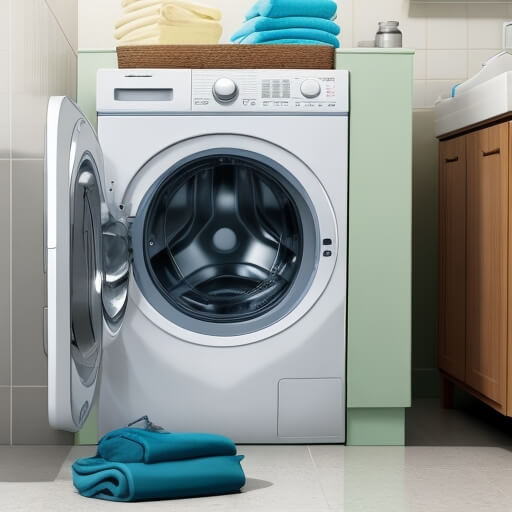
Energy-efficient washing machines are designed to minimize water and electricity consumption, making them a smart choice for your household. Front-loading machines, in particular, excel in efficiency. These machines use less water and employ effective spinning techniques that reduce the need for extended drying cycles. By opting for an energy-efficient washing machine, you’re conserving resources, saving money on your water and energy bills. These appliances demonstrate that eco-conscious choices can go hand in hand with convenient and cost-effective laundry solutions, providing you with clean clothes while contributing to a greener and more sustainable lifestyle.
Dishwashers
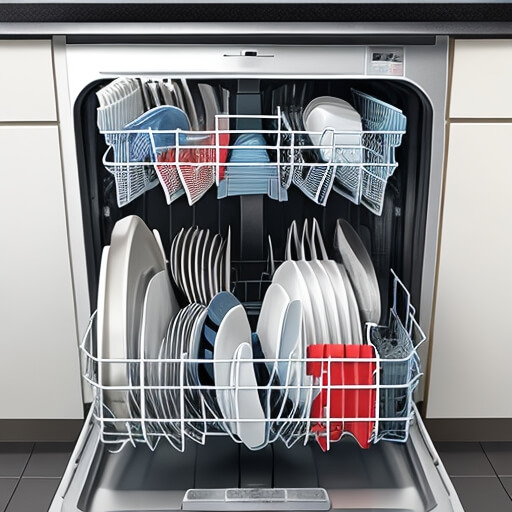
When it comes to dishwashers, energy-efficient models are designed to offer peak performance while simultaneously minimizing water and energy consumption. These modern appliances are equipped with intelligent features, such as soil sensors, that can assess the level of dirt on your dishes. These sensors adjust the duration of the wash cycle accordingly, ensuring that only the necessary amount of resources is utilized. This means less water and energy are used, resulting in significant cost savings on your utility bills. Moreover, by choosing an energy-efficient dishwasher, you’re making a positive impact on the environment by reducing your carbon footprint.
Lighting
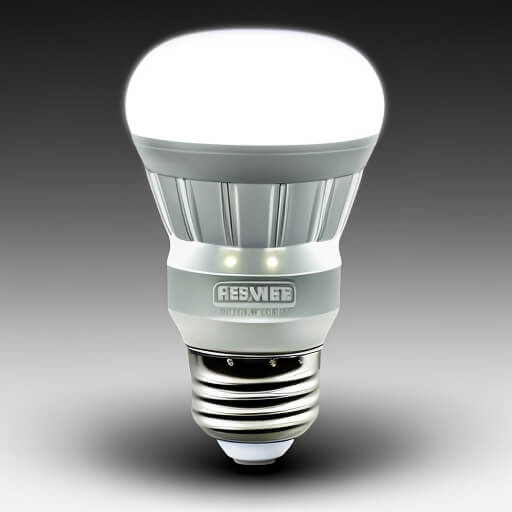
Energy-efficient lighting options, such as LED bulbs, reduce electricity consumption and also have a remarkable lifespan compared to traditional incandescent bulbs. These advanced lighting solutions offer the same level of brightness while consuming only a fraction of the energy. By making the switch to LED bulbs, you not only lower your electricity costs but also reduce the frequency of bulb replacements. It’s a bright idea that’s practical and eco-friendly, offering long-term savings and a more sustainable lighting solution for your home.
HVAC Systems
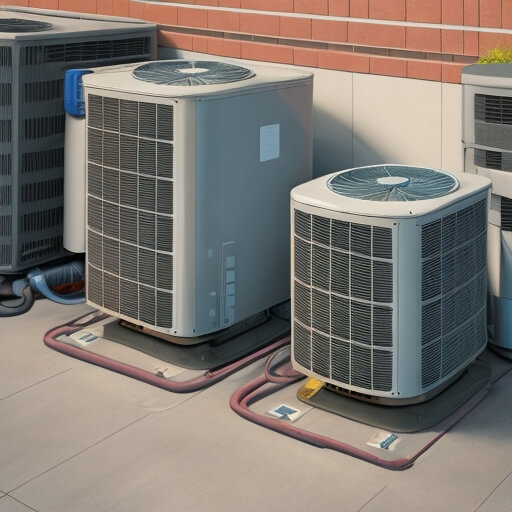
In your home, heating, ventilation, and air conditioning (HVAC) systems play a key role in maintaining year-round comfort. However, these systems are often known for their substantial energy consumption. The good news is that energy-efficient HVAC systems bring a positive change, and when combined with proper insulation and sealing, they can have a significant impact on your energy bills.
Energy-efficient HVAC systems are designed to deliver the same level of comfort while using less energy. When complemented by effective insulation and sealing, they ensure that your home maintains a consistent temperature without any unnecessary energy waste. So, choosing an energy-efficient HVAC system is not only about keeping your indoor space cozy; it’s also about making a substantial difference in your energy bills and reducing your environmental footprint. It’s the path to a more comfortable, cost-effective, and eco-friendly home.
Government Incentives and Rebates
Many governments and local authorities recognize the importance of reducing energy consumption to combat climate change and reduce the strain on energy resources. As a result, they have introduced a variety of programs and financial incentives to encourage the adoption of energy-efficient appliances. These incentives are often part of broader energy conservation initiatives aimed at creating a more sustainable future.
So, what types of incentives and rebates are available for those looking to make the eco-friendly switch? The options can vary depending on your location, but some common examples include tax credits, cash rebates, and low-interest or even zero-interest loans for energy-efficient home upgrades. These incentives can significantly offset the initial purchase cost of energy-efficient appliances, making them more affordable and appealing to homeowners.
For instance, a government might offer a tax credit to homeowners who invest in Energy Star-certified appliances, which can translate to a reduction in your annual tax liability. Cash rebates, on the other hand, provide a direct financial incentive, putting money back into your pocket shortly after the purchase.
In addition to federal incentives, many states or provinces have their own programs to further encourage energy-efficient upgrades. Local utility companies may also offer rebates and incentives, adding another layer of potential savings.
Government and utility websites, as well as local energy efficiency organizations, are valuable resources for finding up-to-date information on the incentives and rebates available to you.

